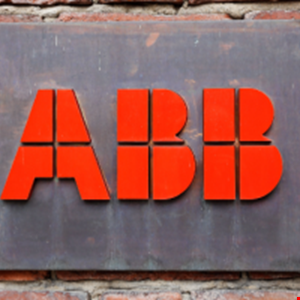- Kali Linux gets a UI refresh, new tools, and an updated car hacking toolset
- Buy a Samsung Galaxy Watch 7 on sale and get a free SmartTag2 Bluetooth tracker - here's how
- Cisco capitalizes on Isovalent buy, unveils new load balancer
- I upgraded to Android 16 - here's what I love and what's still missing
- You can get a free Samsung Galaxy S25 Plus from T-Mobile - how to qualify for the deal
Digital Giant ABB to Pay $315m in Bribery Case

Swiss industrial automation giant ABB has agreed to pay hundreds of millions of dollars to settle violations of the US Foreign Corrupt Practices Act (FCPA).
The vendor, which also produces cybersecurity services and solutions, paid bribes to a South African government official who was a high-ranking employee at state-owned energy giant Eskom, according to the Department of Justice (DoJ).
It apparently did so to gain preferential treatment when contracts were handed out. Some of the bribes were paid to subcontractors engaged by ABB and ‘associated’ with the malicious South African government insider.
ABB worked with these firms despite their “poor qualifications and lack of experience” and in return received priority access to Eskom projects and “confidential and internal” corporate information from the energy firm, the DoJ said.
The scheme apparently required ABB to carry out sham negotiations for contracts with Eskom at inflated prices, all pre-arranged with the government official on condition it would employ a particular sub-contractor. It falsely recorded payments to the firm as business expenses to cover-up the bribing of the official, the DoJ added.
“Corruption and bribery are not victimless acts. They can create hazardous working conditions, hurt honest businesses and erode trust and integrity in local and global governance,” said US attorney Jessica Aber.
“This resolution reflects the need for accountability, recompense and rehabilitation in the wake of these kinds of violations. I extend my appreciation to the law enforcement authorities in South Africa, Switzerland and Germany for their invaluable assistance.”
ABB has been in trouble before. The DoJ described a “decade-old criminal history,” including FCPA violations in 2004 and 2010 and a guilty plea for bid rigging in 2001.
However, the DoJ also called out the Swiss firm’s “extraordinary cooperation” with its investigation, “extensive remediation” efforts, “significant investment” in compliance personnel, testing and monitoring, and a commitment to further enhance these internal controls.
That led the department to levy a 25% discount on the mid-point between the middle and high-end of the applicable fine, which put the final amount at $315m.
Editorial credit icon image: Roland Magnusson / Shutterstock.com

